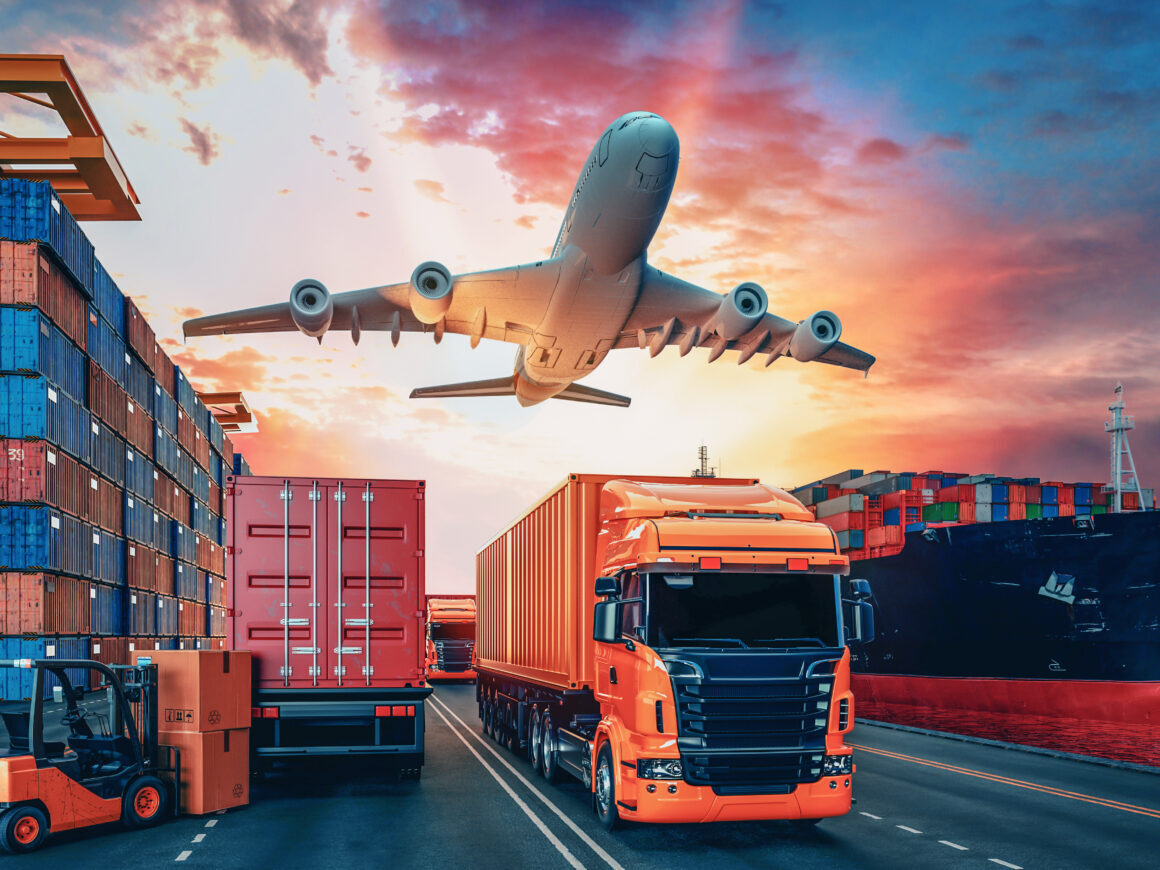Most logistics companies find it difficult to manage multiple activities at the same time, and this appears to have an impact on their processes and customer service. In order to mitigate these difficulties, logistics professionals are embracing advanced technologies such as the Internet of Things (IoT) in order to increase customer satisfaction through streamlined processes.
Here are some of the areas where the Internet of Things has an impact on logistics companies.
Increased security and theft detection capabilities
Missing products and preventing intruders from entering a large warehouse pose a significant risk to businesses. Anyone entering or leaving the warehouse at any time will be able to access accurate real-time data thanks to an Internet of Things (IoT)-enabled system in the warehouse. The Internet of Things applications also allow managers to lock the warehouse doors from a remote location, eliminating the need for human intervention.
Increased employee protection
Machines are notoriously unreliable, and any human who comes into contact with them may suffer as a result. Companies have begun to implement Internet of Things devices on machines in order to predict their behavior in advance and alert staff about future malfunctions or mishaps that occur once they interact. This ensures employee safety and, to a certain extent, can prevent machine failures as well as the associated overhead costs associated with maintenance and upkeep expenses.
Product tracking from beginning to end
It is a monumental challenge for any logistics company to track their products from the warehouse, and even within the warehouse, until they reach their final destination. The Internet of Things tracking system enables logistics managers to track any product, its every movement, and ensure that it is delivered on time and in good condition. This accomplishes three goals: (1) it establishes transparency; (2) it relieves the burden on the staff; and (3) it increases customer satisfaction levels.
Providing advanced analytics to business managers is essential.
A business manager in a logistics company is responsible for overseeing multiple activities at the same time. Their responsibilities include inventory management, maintaining proper storage temperatures, monitoring environmental conditions during deliveries, and ensuring that employees perform at their maximum potential. This is a difficult task to complete in real time, and having an IoT system that can perform advanced analytics will significantly reduce the difficulties. The Internet of Things (IoT) will simplify the operations of a business manager by allowing for real-time inventory management, delivery management, and managing staff efficiency activities. This will result in improved operations.
Increasing the efficiency of delivery
For most logistics professionals, real-time delivery tracking and management, as well as taking environmental changes into consideration, is a daunting task. By combining the Internet of Things with
RFID is short for Radio-frequency identification. RFID uses electromagnetic fields to automatically identify and track tags attached to objects, like totes, boxes or individual items in a warehouse, providing real-time updates of inventory
” style=”box-sizing: border-box; color: rgb(0, 0, 0) !important; text-decoration: underline; background-color: transparent; transition: color 0.2s ease 0s; border-bottom: 1px dotted rgb(0, 0, 0) !important;”>RFID and GPS sensors, real-time delivery tracking becomes incredibly seamless, allowing staff to track the product until it is delivered without any hassles.




